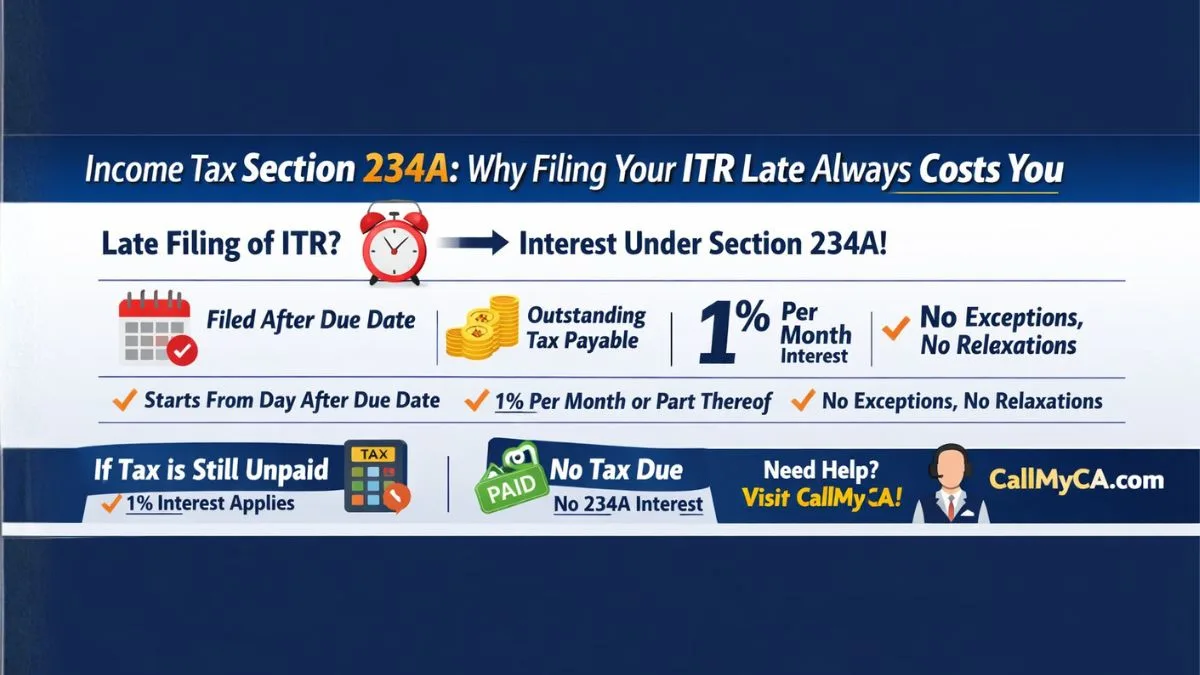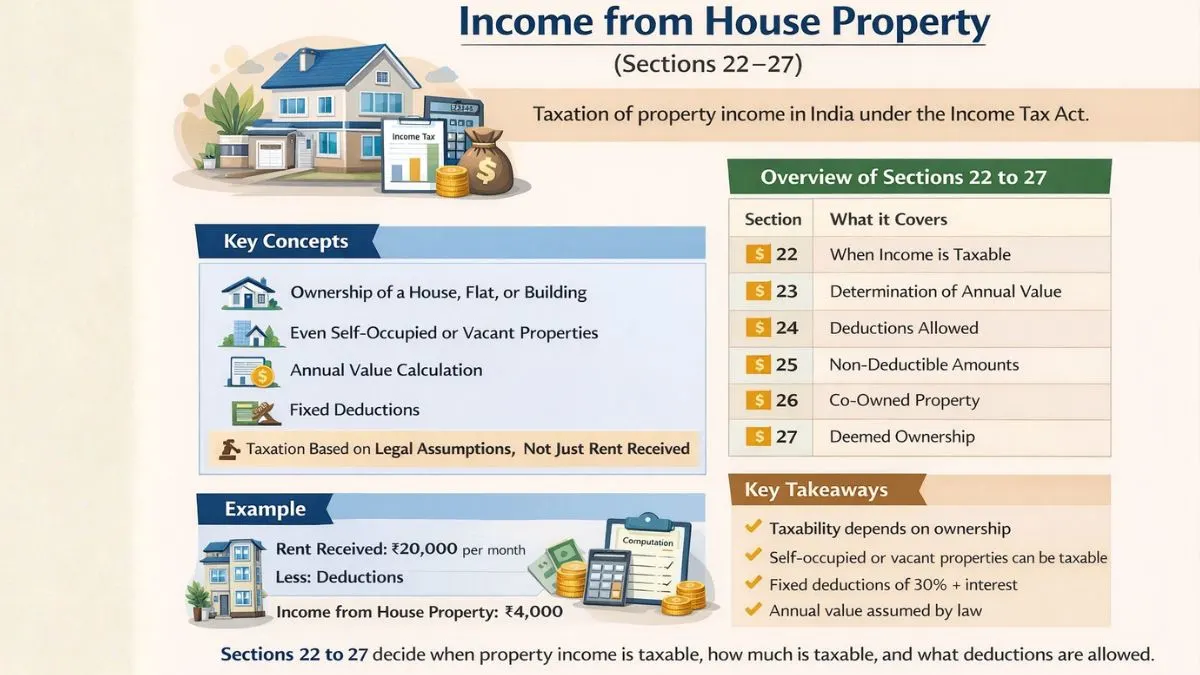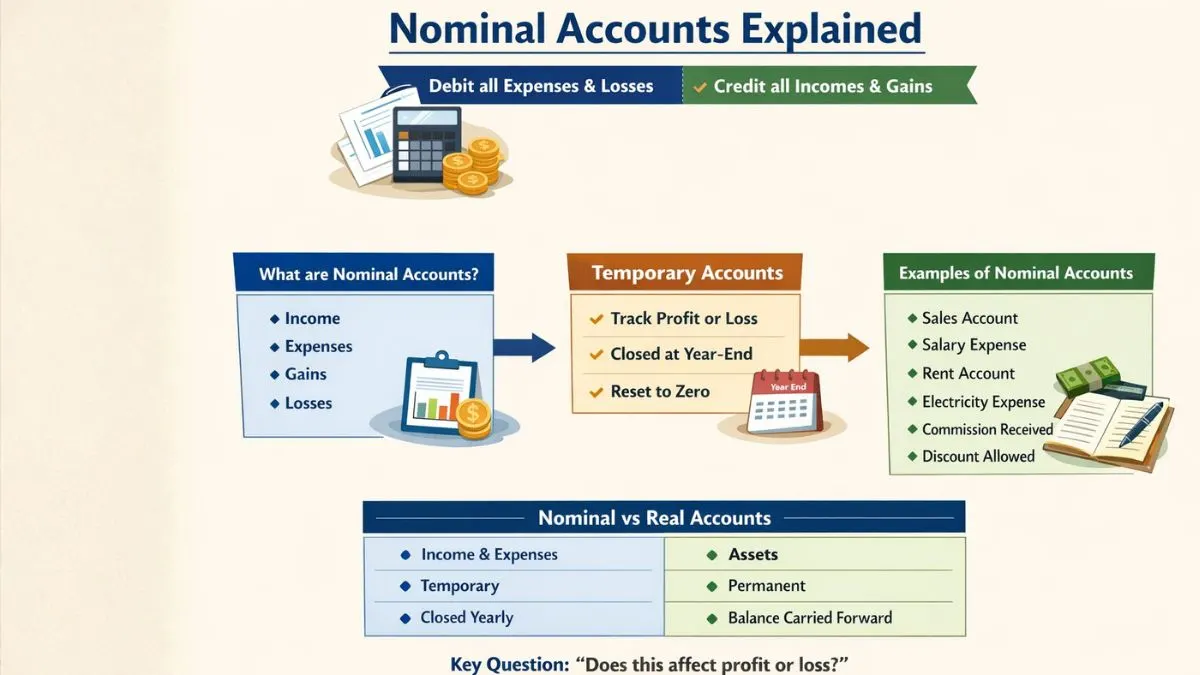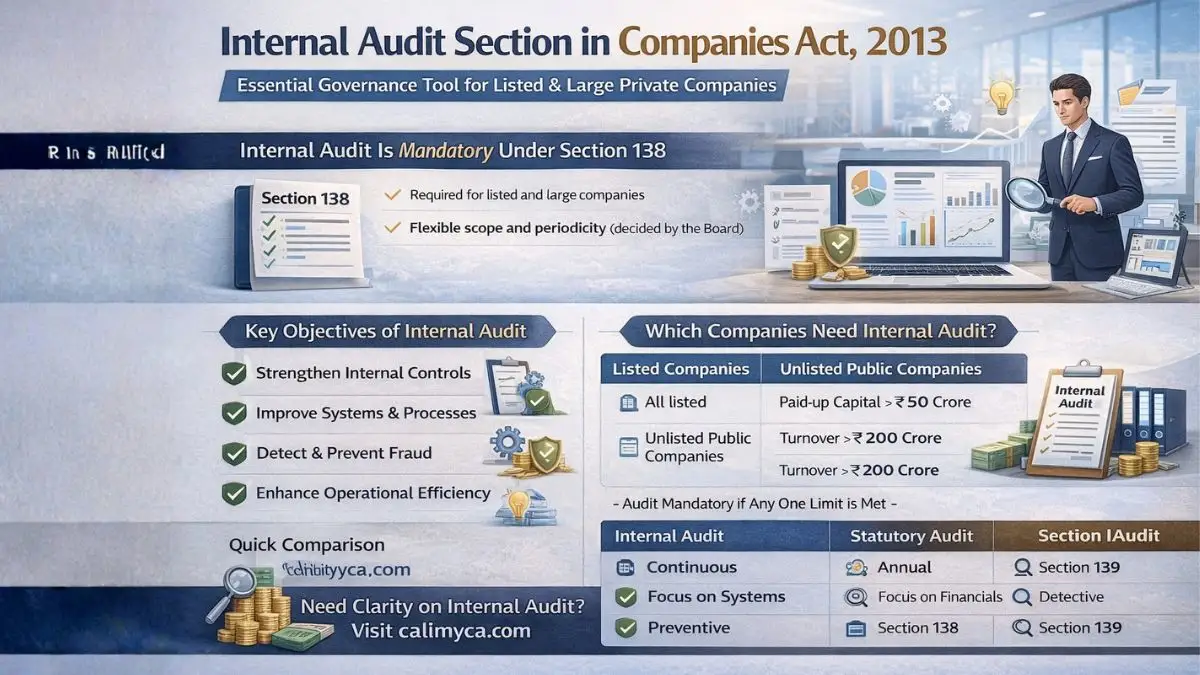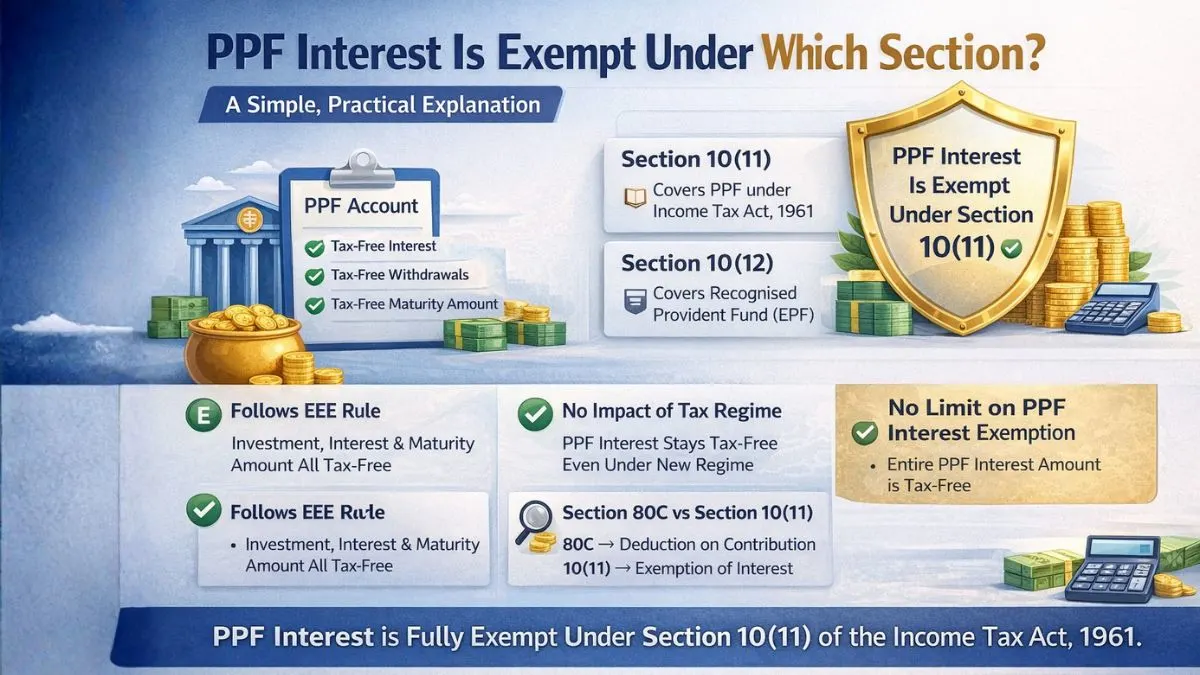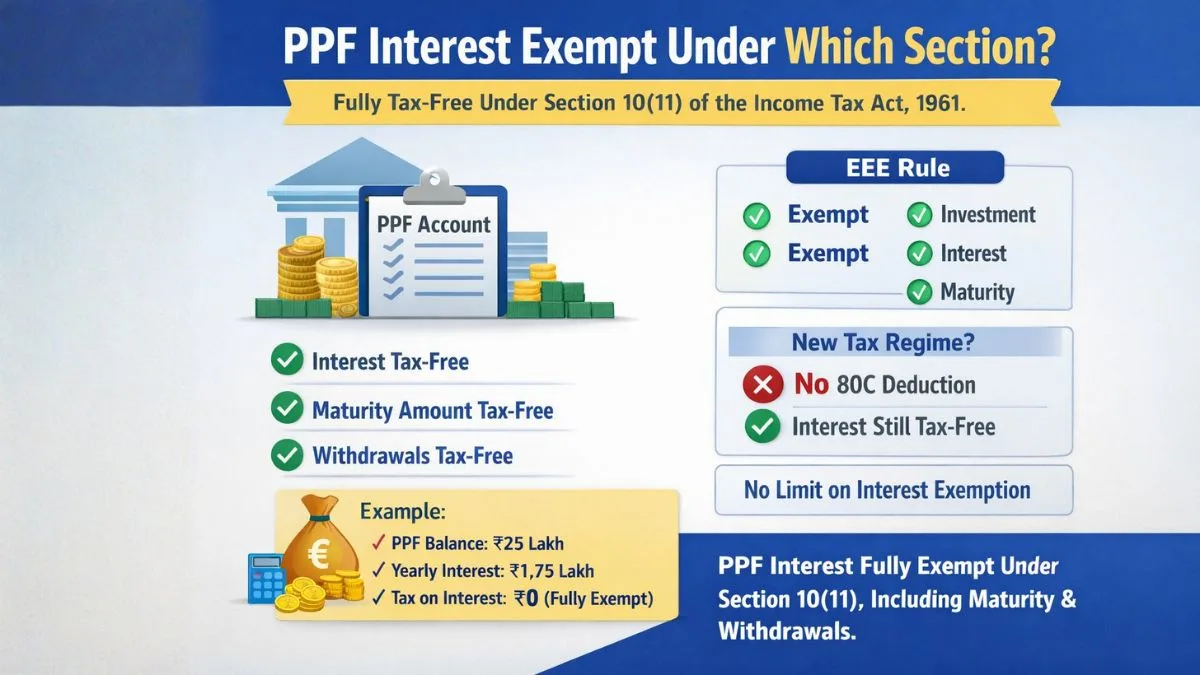
In the globalized economy we live in today, cross-border transactions are common. Many individuals & organizations find themselves earning income from foreign sources. However, this can often lead to double taxation, where the same income is taxed in both the source country & the resident country. To tackle this issue, the Income Tax Act of 1961 has provisions for relief from double taxation. One such important provision is Section 90A of the Income Tax Act.
What is Section 90A of the Income Tax Act?
Section 90A of the Income Tax Act specifically provides bilateral relief from double taxation through agreements between Indian organizations & specified foreign associations. While Section 90 primarily deals with agreements between governments, Section 90A relates to DTAA (Double Taxation Avoidance Agreement) between an Indian organisation & a foreign organisation.
The goal is simple: to ensure that income is not taxed twice & to promote the free flow of trade & investment across borders.
Key Features of Section 90A of the Income Tax Act
This section is designed to provide tax relief in situations where double taxation could occur. The relief is offered in the following ways:
- Tax Relief as a Credit: Taxpayers can claim tax relief available as a credit for taxes paid abroad. This means if you have already paid taxes in a foreign country on the same income, you can claim credit while filing taxes in India.
- Applicable to Indian Residents: Relief under this section may be claimed by an Indian resident who has income sourced from a foreign country, provided a tax agreement exists between the Indian entity & the foreign association.
- Governance of Tax Agreements: Section 90A governs tax agreements between Indian & foreign specified associations. These agreements allow for smooth tax administration & prevent international tax evasion.
- Enforceability of Agreement: The key benefit of Section 90A is that it legally enforces the bilateral relief mechanism through mutual agreements, allowing seamless application of DTAA provisions between entities.
Understanding Bilateral Relief from Double Taxation
Double Taxation Avoidance Agreements (DTAA) are vital for taxpayers dealing with international income. They help avoid paying tax on the same income in two countries. Under Section 90A of the Income Tax Act, taxpayers are not only protected from double taxation but are also provided with clarity on how to compute taxes when dealing with foreign incomes.
For instance, if an Indian resident earns royalty income from a foreign country where tax is already deducted, he can claim relief under Section 90A while computing his total tax liability in India.
How Tax Relief Works under Section 90A
Here’s how the process generally works:
- The taxpayer earns income in a foreign jurisdiction.
- Tax is deducted in that country as per their local tax laws.
- In India, the taxpayer is required to disclose this income while filing their ITR.
- Using Section 90A, the taxpayer can claim a tax credit for taxes paid abroad, thereby avoiding double taxation.
It is crucial to note that Section 90A of the Income Tax Act, 1961, applies only when the Indian entity and the foreign association have a valid, notified agreement."
Benefits of Section 90A of the Income Tax Act
- Encourages cross-border trade & investment by providing legal tax relief.
- Prevents the hardship of double taxation for individuals & companies.
- Brings certainty & consistency in international tax computations.
- Provides a tax-saving opportunity to residents earning foreign-sourced income.
Compliance and Documentation
To claim relief under Section 90A of the Income Tax Act, taxpayers must maintain proper documentation such as:
- Tax Residency Certificate (TRC) from a foreign country.
- Proof of tax deduction or payment in the foreign country.
- Valid & notified DTAA agreement references.
Filing returns accurately & declaring foreign income correctly is essential to avoid scrutiny or rejection of the relief claim."
Common Scenarios Where Section 90A Applies
- Consultants or freelancers working for foreign clients.
- Export businesses receive income from international buyers.
- IT professionals offering services to overseas companies.
- Royalties, interest, or dividend income from foreign sources.
In each of these cases, Section 90A plays a vital role in ensuring that you do not end up paying more than your fair share of taxes.
Conclusion
Section 90A of the Income Tax Act is a powerful tool for individuals & businesses engaging in international transactions. It provides bilateral relief from double taxation, ensures fairness in the global tax system, & governs tax agreements between Indian & foreign specified associations. For Indian residents, this section can be the key to saving taxes legally while fulfilling compliance obligations.
👉 Need help filing your taxes or claiming a foreign tax credit under Section 90A? Visit Callmyca.com to get expert assistance from trusted professionals & save money the smart way!

